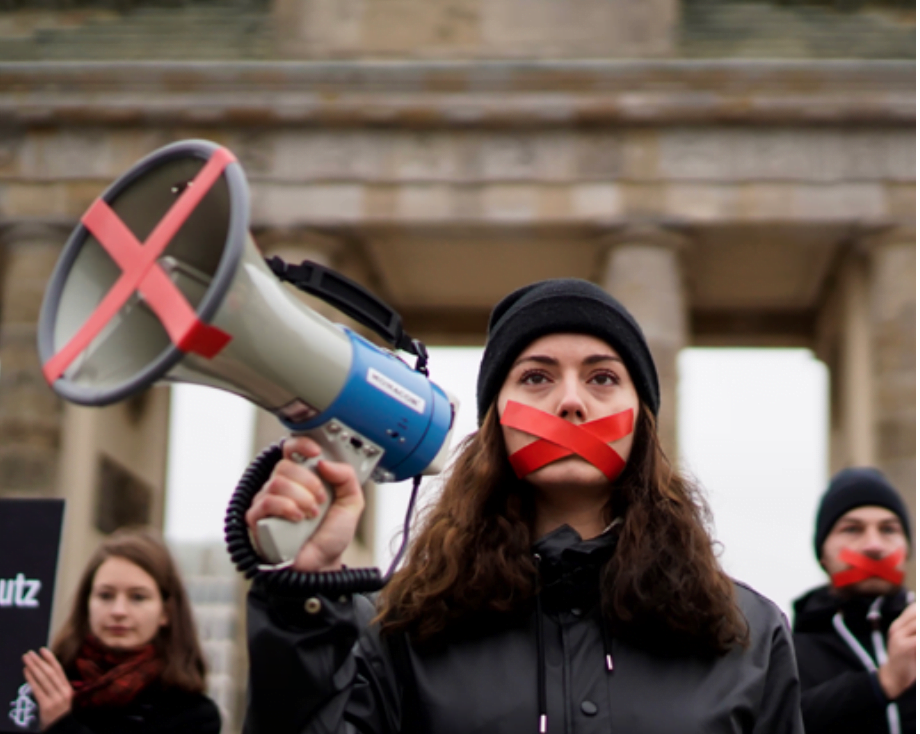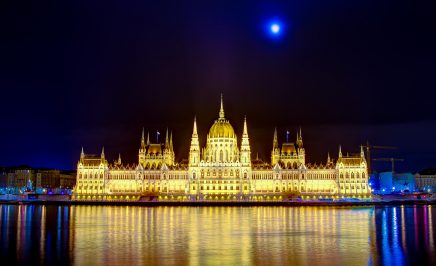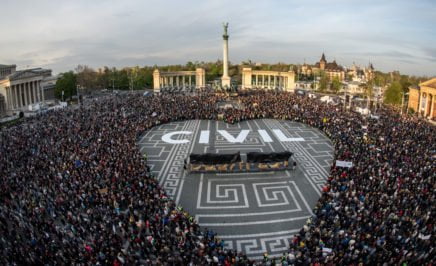Controversial legislation restricting the activities of charities and advocacy groups passed by the Australian Parliament last year has drawn strong criticism in a new report from Amnesty International.
The report, ‘Laws designed to silence: the global crackdown on civil society organizations’, highlights the global trend to use restrictive legislation to target civil society organizations and human rights defenders who speak out against unjust laws and government practices, challenge public opinion or those in power, and demand justice, equality, dignity and freedom.
Australia is among countries such as Azerbaijan, Belarus, China, Egypt, Hungary, Pakistan and Russia in being criticised for passing restrictive laws which often silence critical and diverse views and opinions and inhibit the ability of organisations and individuals to scrutinise governments.
It’s shocking to think that Australia is noted in the same breath as some notoriously repressive regimes, but the reality is that over the past decade, there has been a concerted effort to stifle civil society in the name of ‘national security’
“It’s shocking to think that Australia is noted in the same breath as some notoriously repressive regimes, but the reality is that over the past decade, there has been a concerted effort to stifle civil society in the name of ‘national security’,” Amnesty International Advocacy Manager Emma Bull said.
The National Security Legislation Amendment (Espionage and Foreign Interference) Act 2018 imposes criminal penalties for sharing what is broadly defined as “sensitive” information. While the legislation contains certain provisions to protect journalists, it does not contain safeguards to protect whistle-blowers who divulge information about human rights abuses or other information of public interest, nor for other human rights defenders or organisations who may discuss human rights concerns with representatives of foreign governments or international human rights mechanisms.
“By passing this draconian law, Australia is effectively criminalising organisations which expose human rights violations or that share information with the UN, which is a key right protected by the UN Declaration on human rights defenders.”
“The analogy of boiling a frog is apt – we have to be alive to the repression by stealth this kind of legislation represents.”
Amnesty International is calling for the explicit and public recognition by states of the legitimacy of civil society organisations and human rights defenders, as well as their work, and is urging all states to repeal all laws and regulations that place unnecessary burdens upon them.









